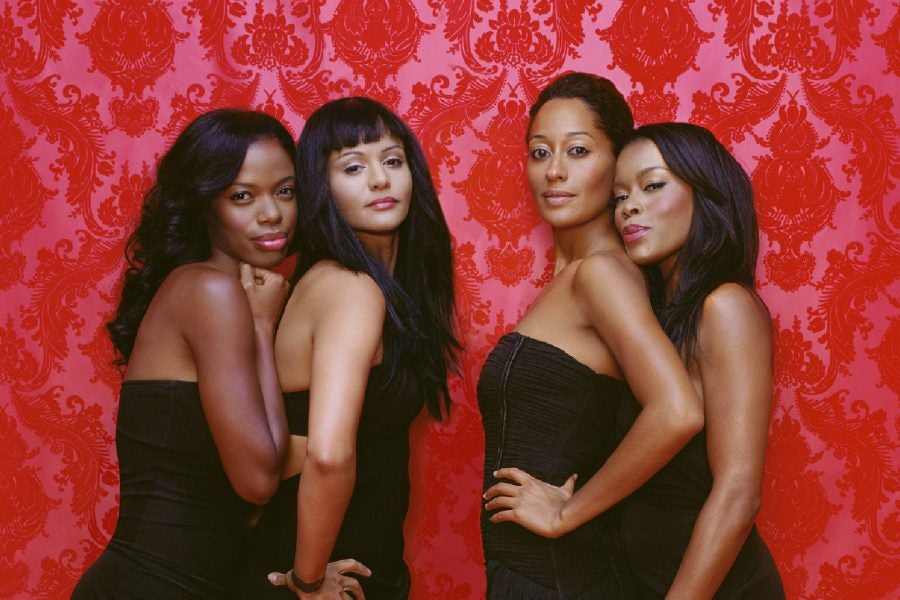
Affectionate get-togethers are considered traditional during any holiday season—but between fall and winter, these gatherings are based upon religious and other observances that center around family celebrations. While for many of us, the occasions are joyous, for some folks, a mental health struggle can become heightened during this time of year.
“Seasonal Affective Disorder [SAD], also known as seasonal depression, is a type of depression triggered by the change of seasons beginning in the late fall,” explains clinical psychologist Jacqueline Jones McKinney, Ph.D. “Symptoms can include sadness, fatigue, loss of interest in daily activities or activities you once enjoyed, anxiety, trouble concentrating, feeling irritable or agitated, feeling heavy, sleeping excessively, weight gain and/or weight loss.” Here, McKinney offers insight on the mental health challenges of the season—and provides strategies on how to approach and manage them during this time.
What Triggers Seasonal Affective Disorder?
Research shows that symptoms could be attributed to changes in your biology caused by reduced sunlight in the fall and winter months, says McKinney. Less sunlight can result in fluctuations in brain chemicals like serotonin and melatonin, leading to you becoming moody, listless, sad or disconnected from daily routines. McKinney points out that the seasonal decrease in serotonin is especially problematic, as this neurotransmitter helps to regulate feelings of happiness.
What Happens to Our Brains When There Is Limited Sun?
“Serotonin levels get assistance from vitamin D,” McKinney says. Since sunlight helps to produce vitamin D in our bodies, less sun can lead to a deficiency in the serotonin-boosting vitamin, which can cause our serotonin levels to drop and our moods to plummet.
Complicating matters: A lack of sunlight can also increase melatonin levels in some individuals, leaving them more fatigued and tired during the end-of-year holiday season.
How to Deal with Symptoms of SAD During the Festive Season
The holidays can be busy and challenging for everyone. Add personal emotional upheaval to the mix, which can be even more overwhelming. Our daily functioning is often affected when we are depressed: Our brains are overloaded with thoughts of sadness, loneliness, and other negative feelings, which can then affect our attention, focus, and memory.
However, McKinney says, “There are effective ways of coping with SAD during the holiday season.” First, consider setting boundaries regarding attendance at events. Be aware of how you feel, and know when to take time away to nurture yourself and regroup. You may also be grieving loved ones who are no longer here. Try making a plan to perform some act they used to do around the holiday season to ensure those roles are filled, and they will be remembered.
Taking time out to honor old traditions while creating new ones, pitching in to help others, and developing healthy distractions could also be beneficial. Experiencing sadness during the holidays can be especially daunting, so try to surround yourself with positive people who are sensitive to what you’re going through. And be intentional about self-care, like meditating, exercising regularly, eating healthy foods, and minimizing negative interactions with others.
Best Ways to Treat SAD
An effective treatment for Seasonal Affective Disorder is to schedule regular sessions with a good psychotherapist who can guide you through coping techniques, such as cognitive behavioral therapy. Other helpful strategies include light therapy, spending time outdoors, eating a well-balanced diet, prioritizing movement, taking a vitamin D supplement, developing a strong social support system, managing stress, and planning to avoid emotional triggers.
“Consult your doctor, who may prescribe antidepressants if you need them. Avoid alcohol, and try not to isolate yourself. Start mitigation efforts as early as possible,” suggests McKinney.
If you’re suffering from SAD, engaging in various treatment options can help you manage symptoms by teaching you the necessary coping skills.







